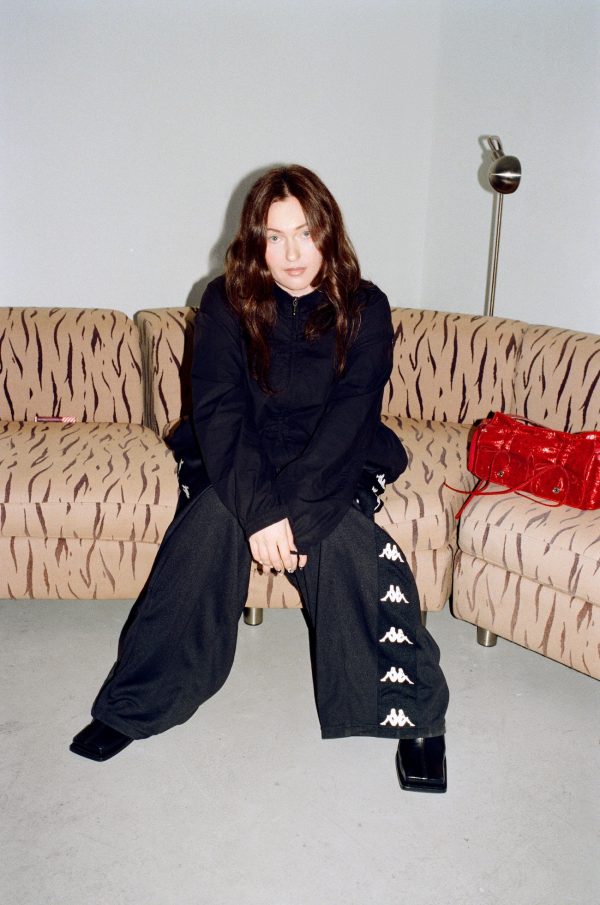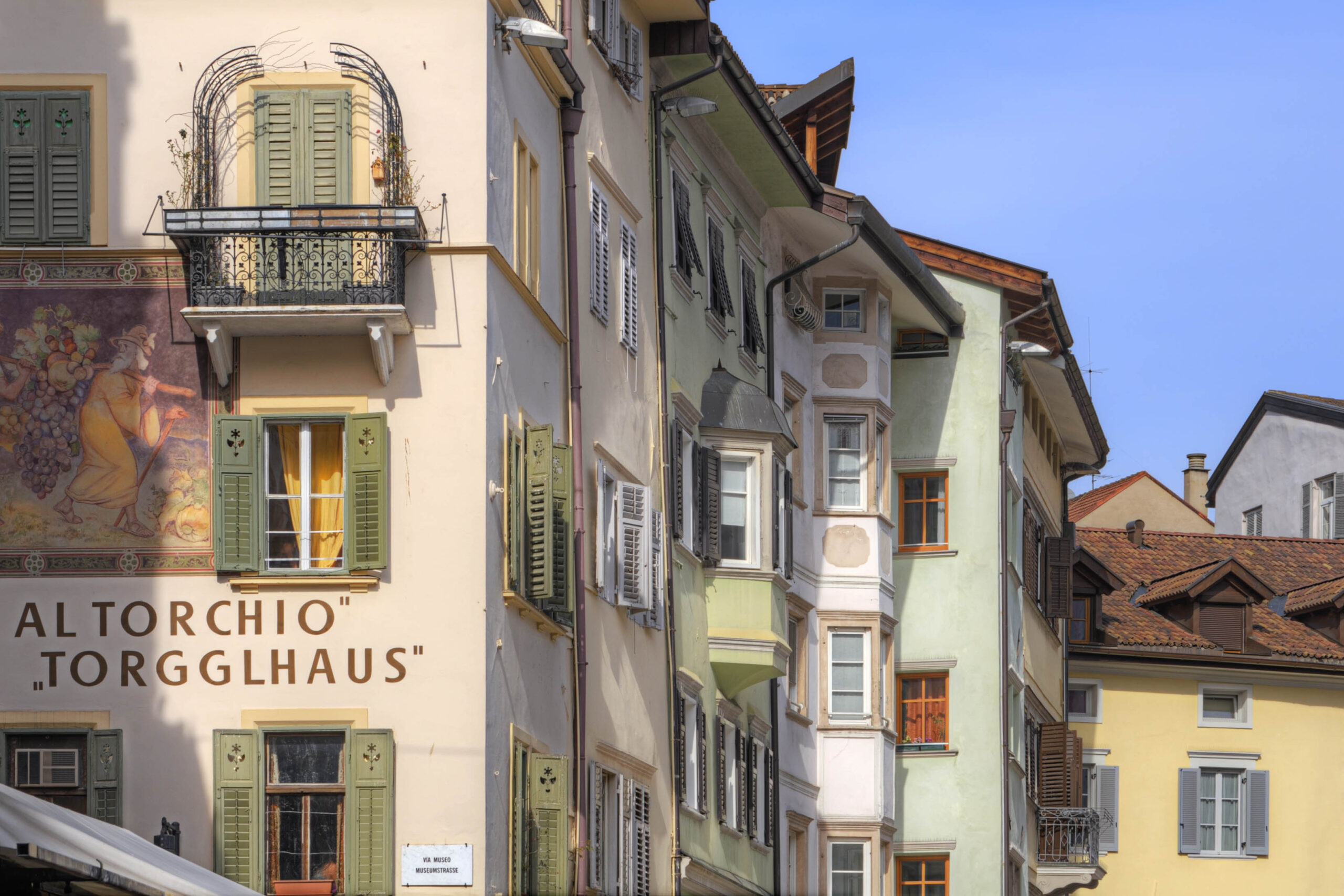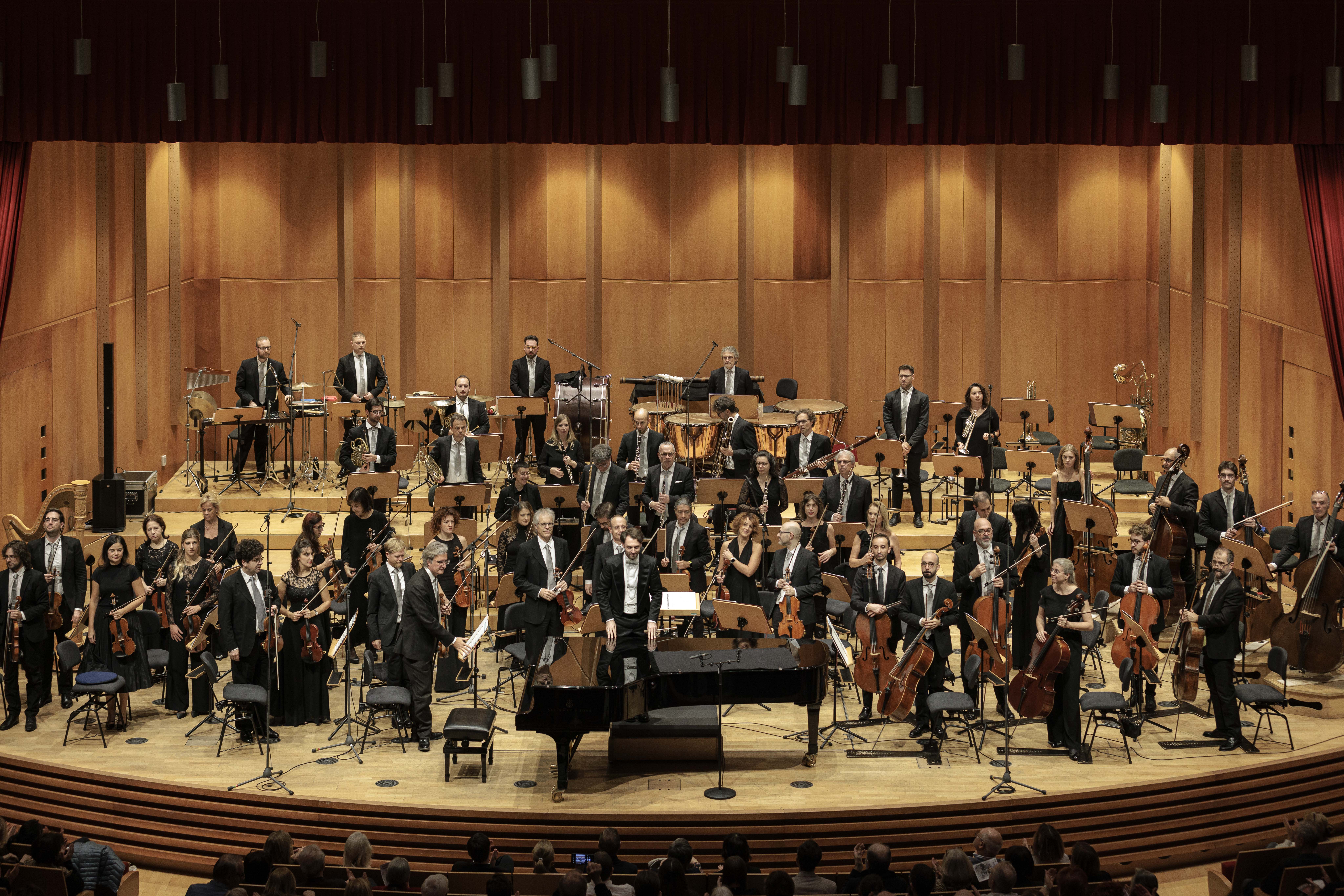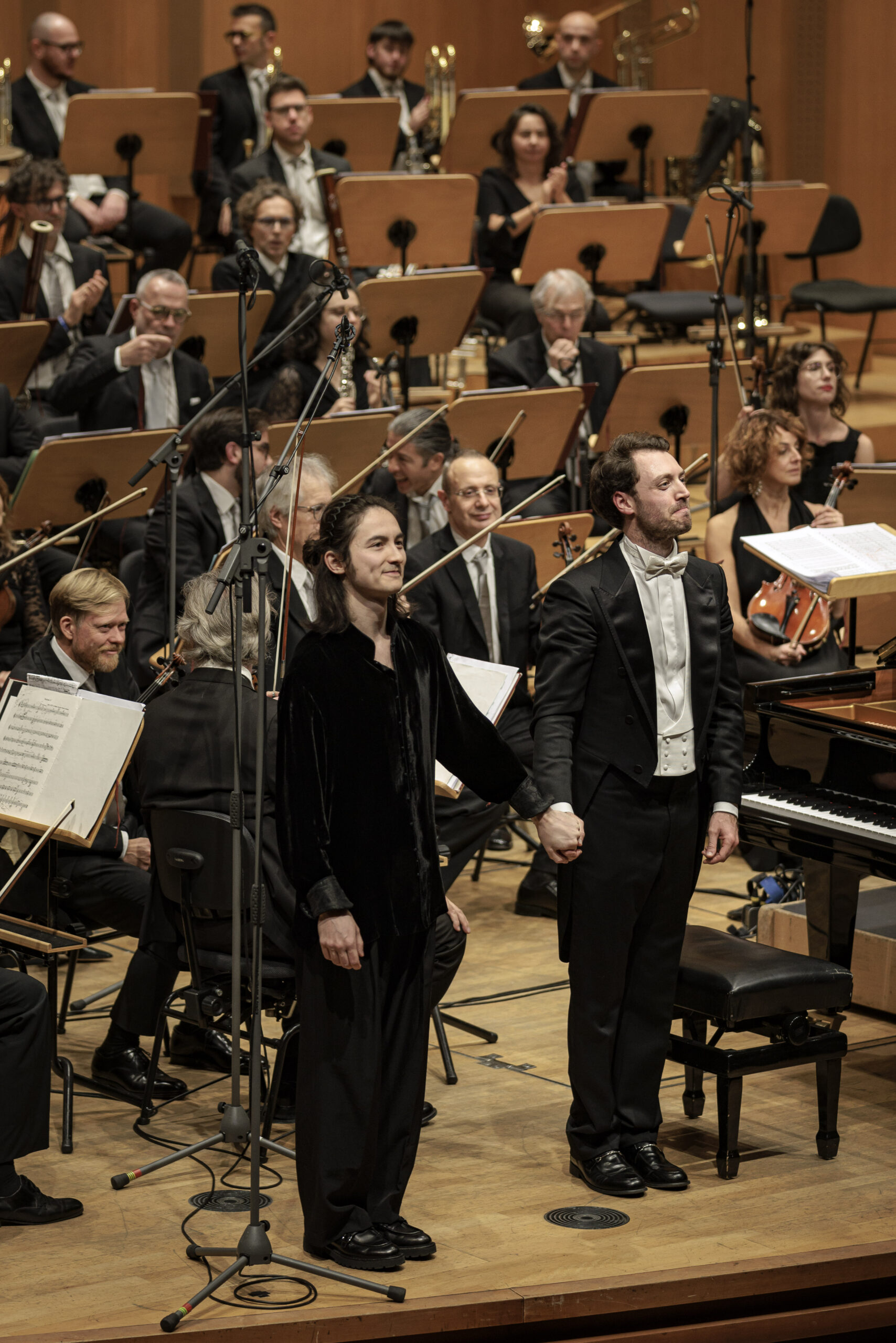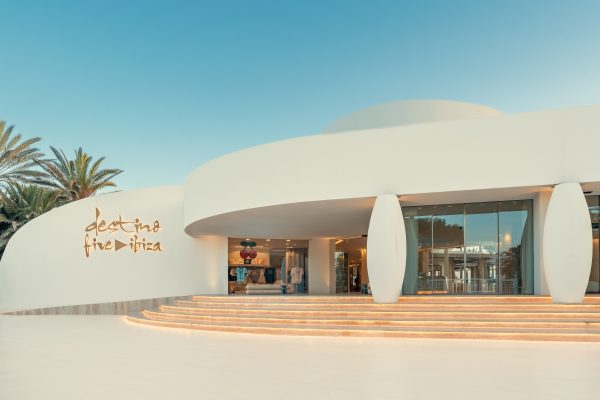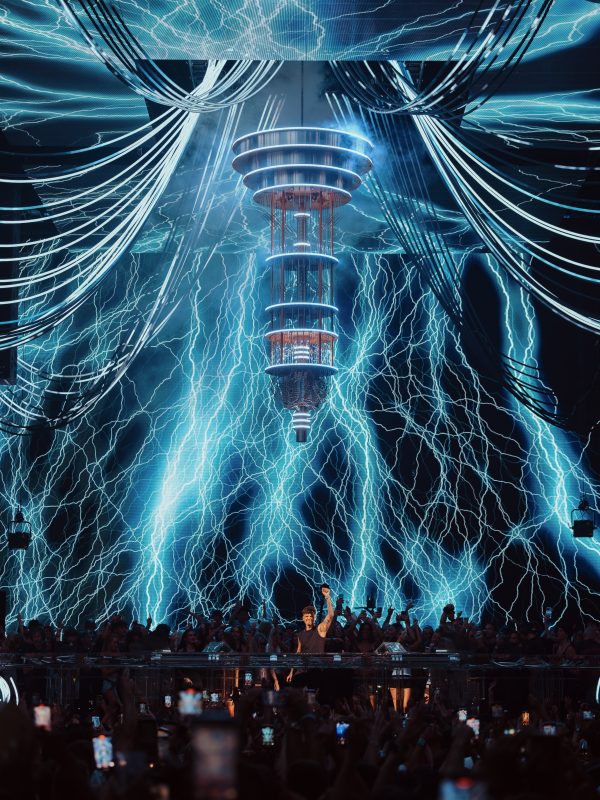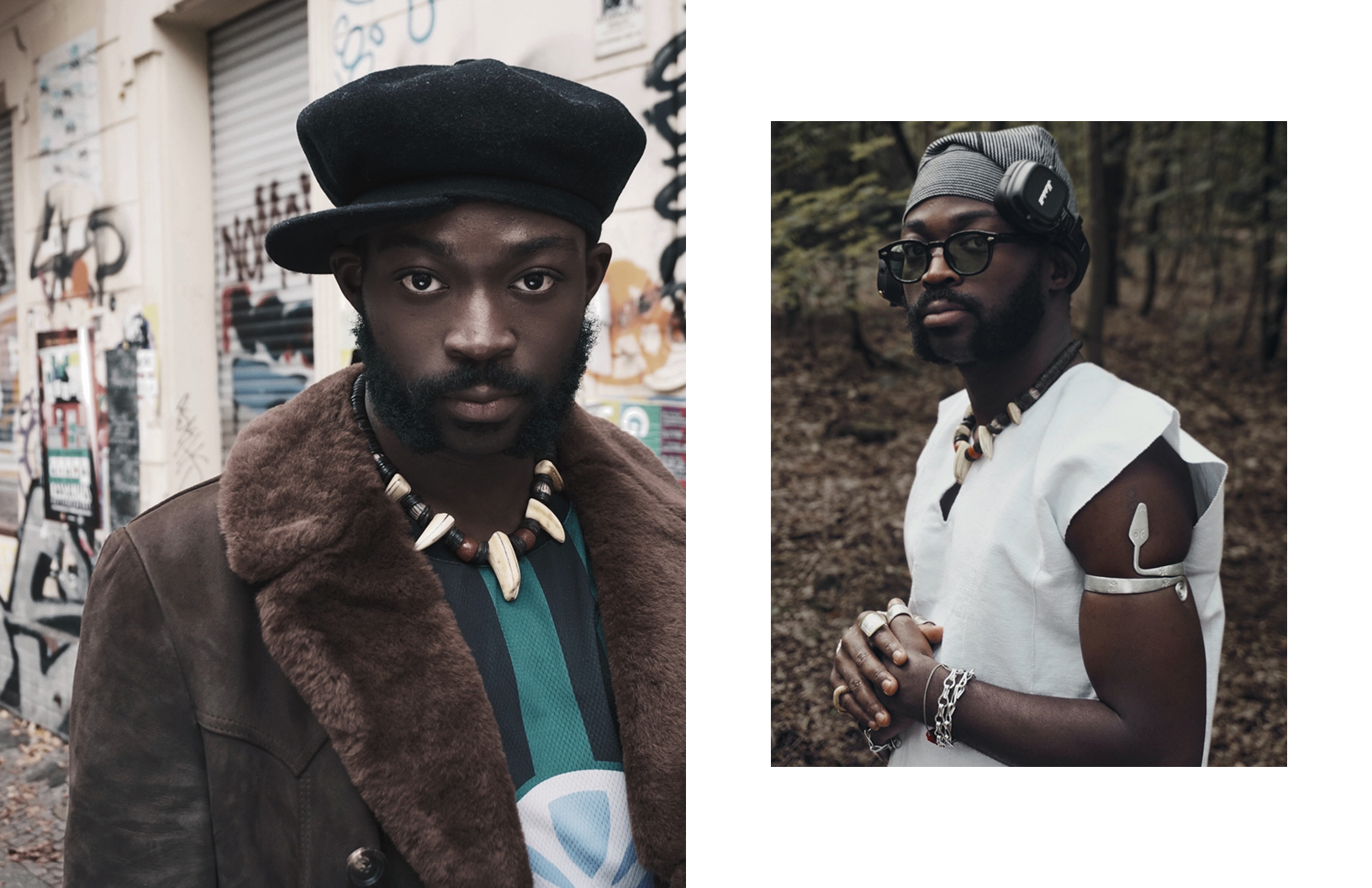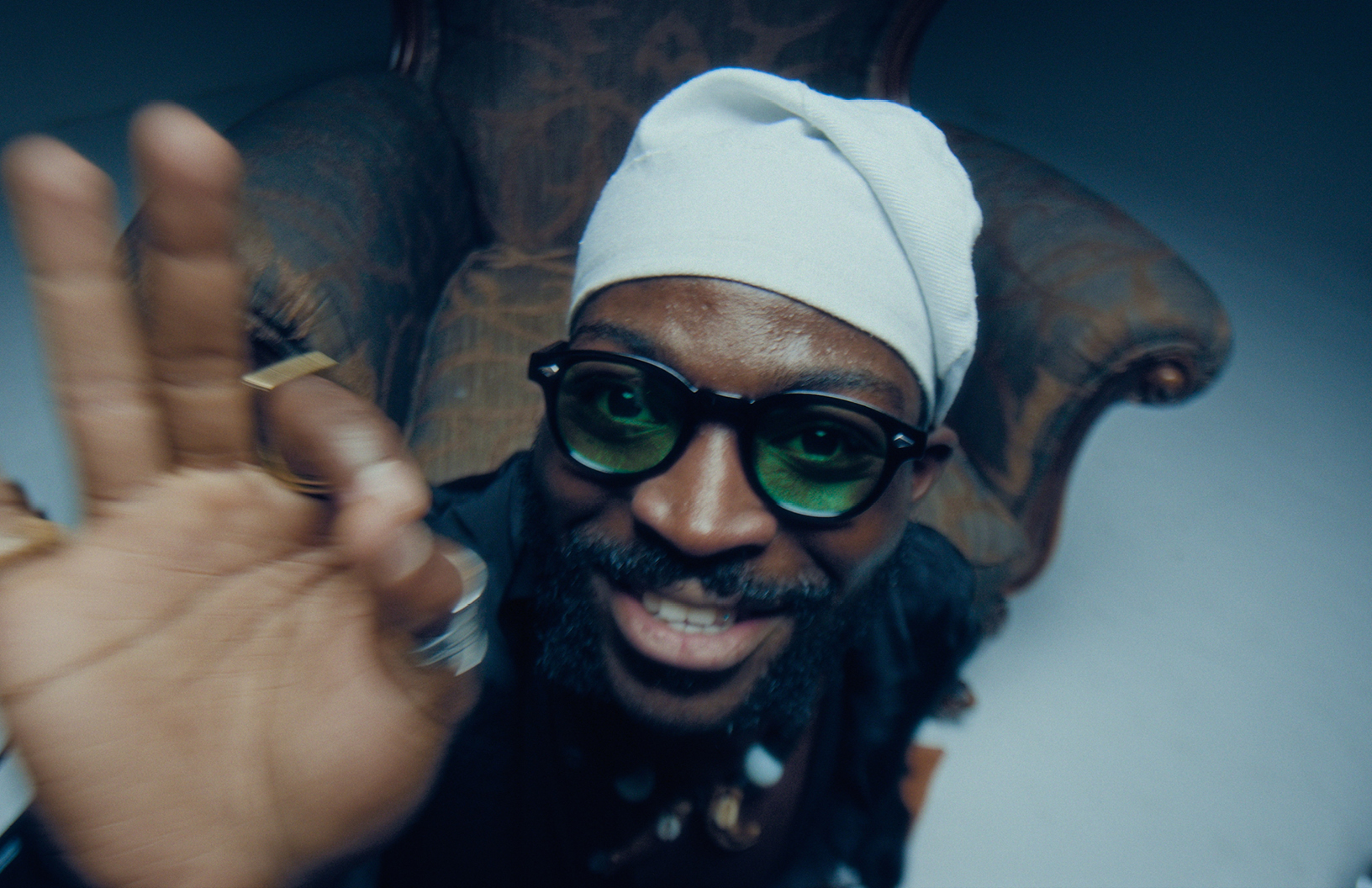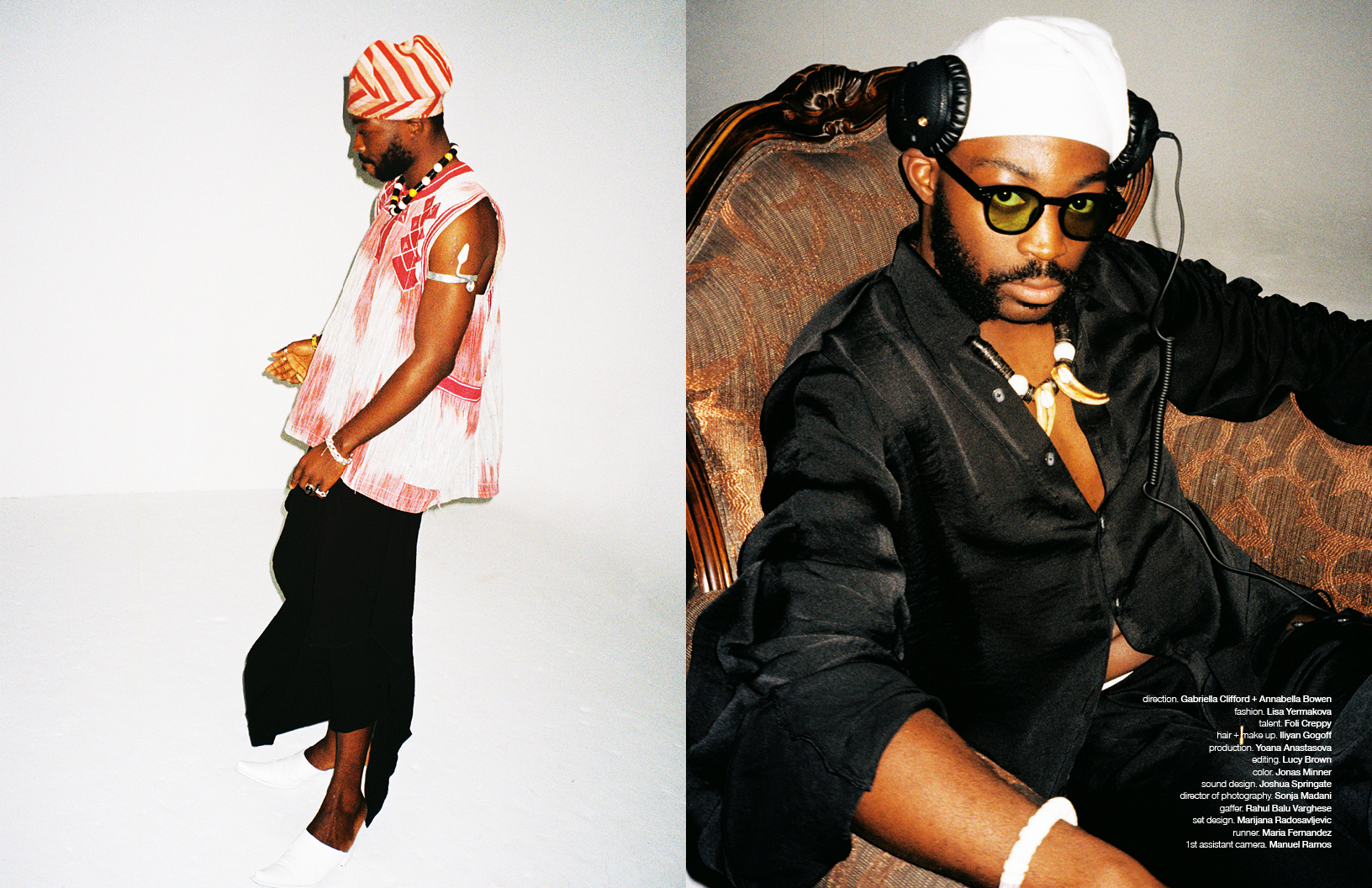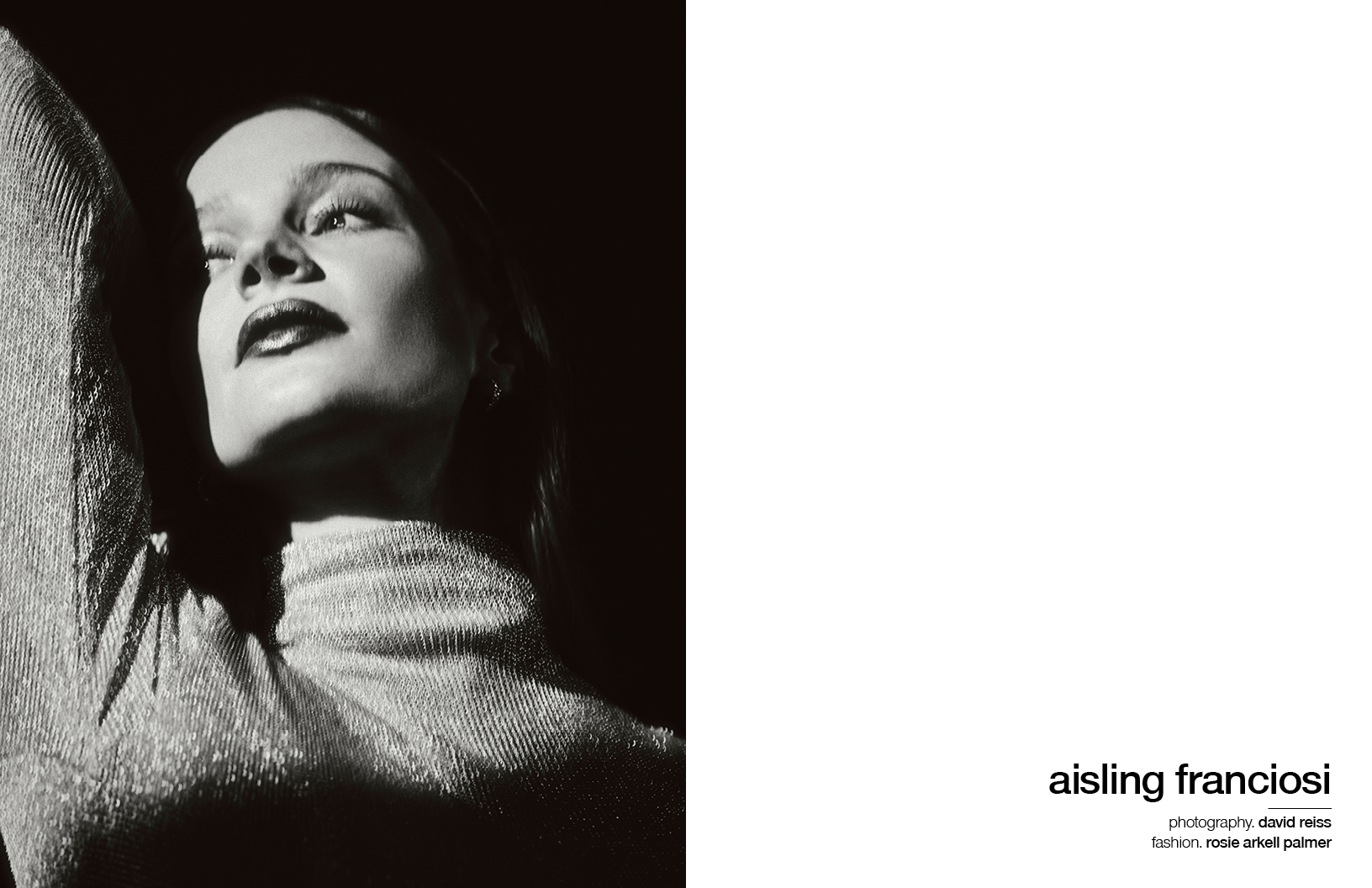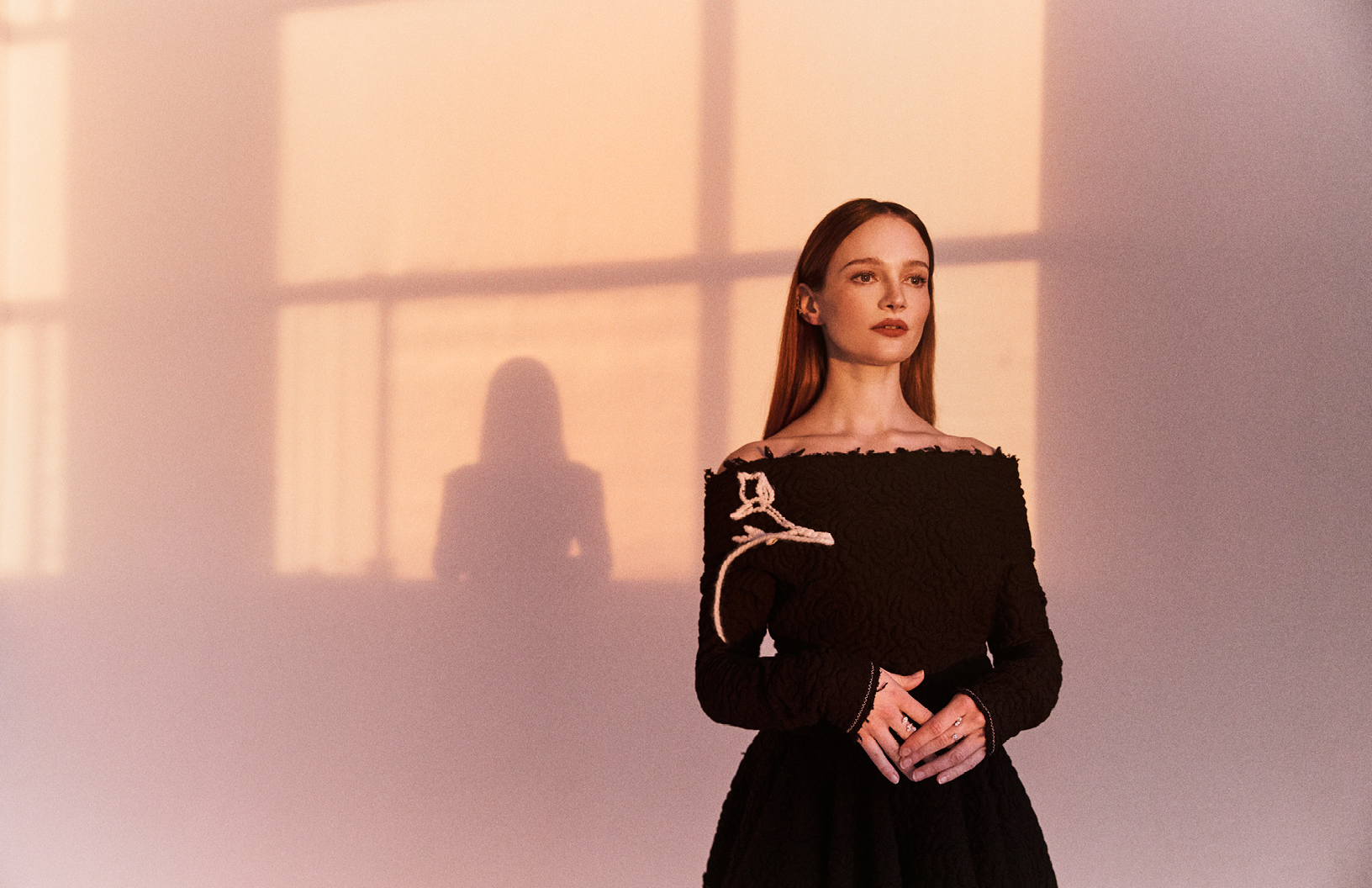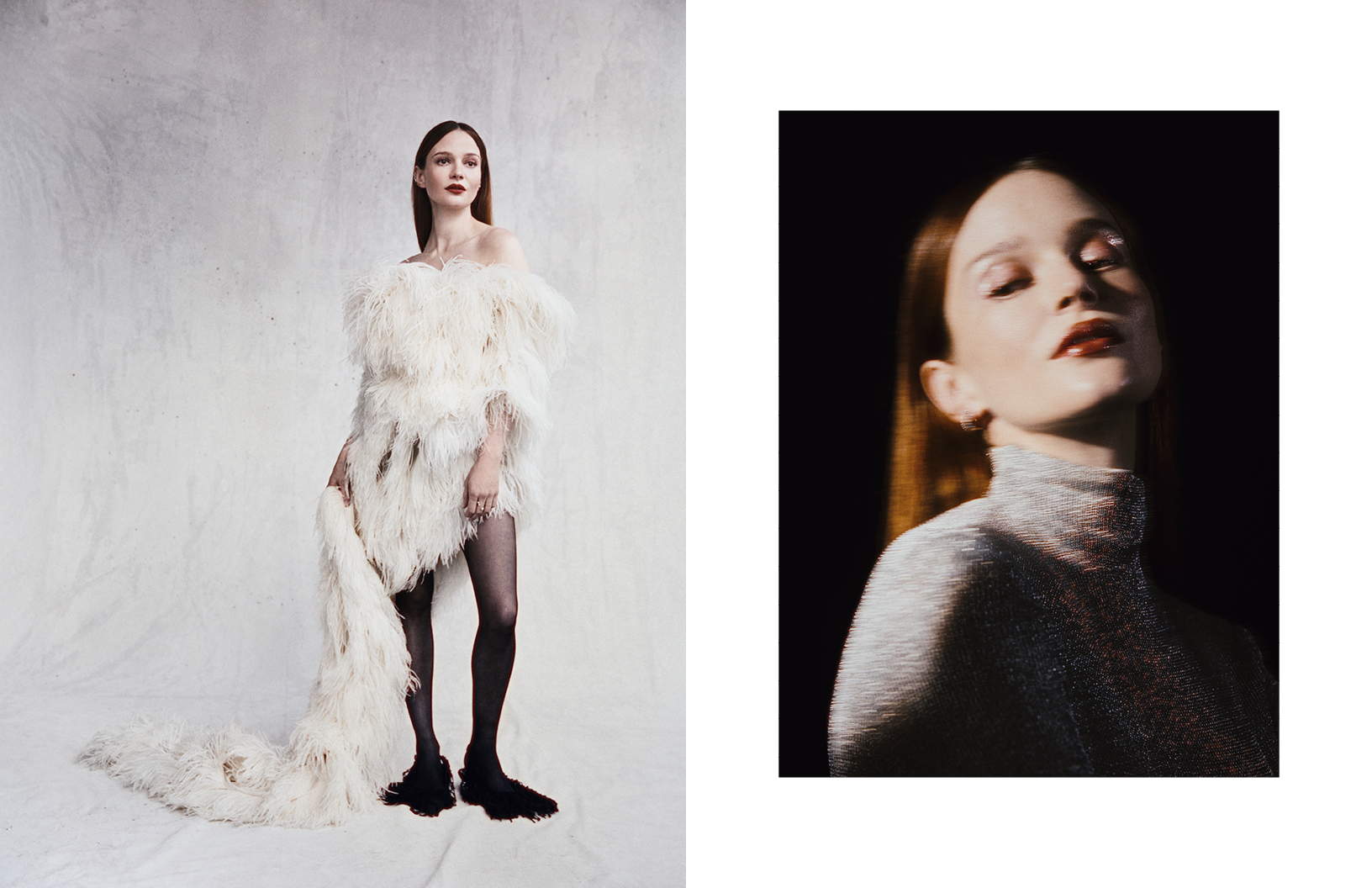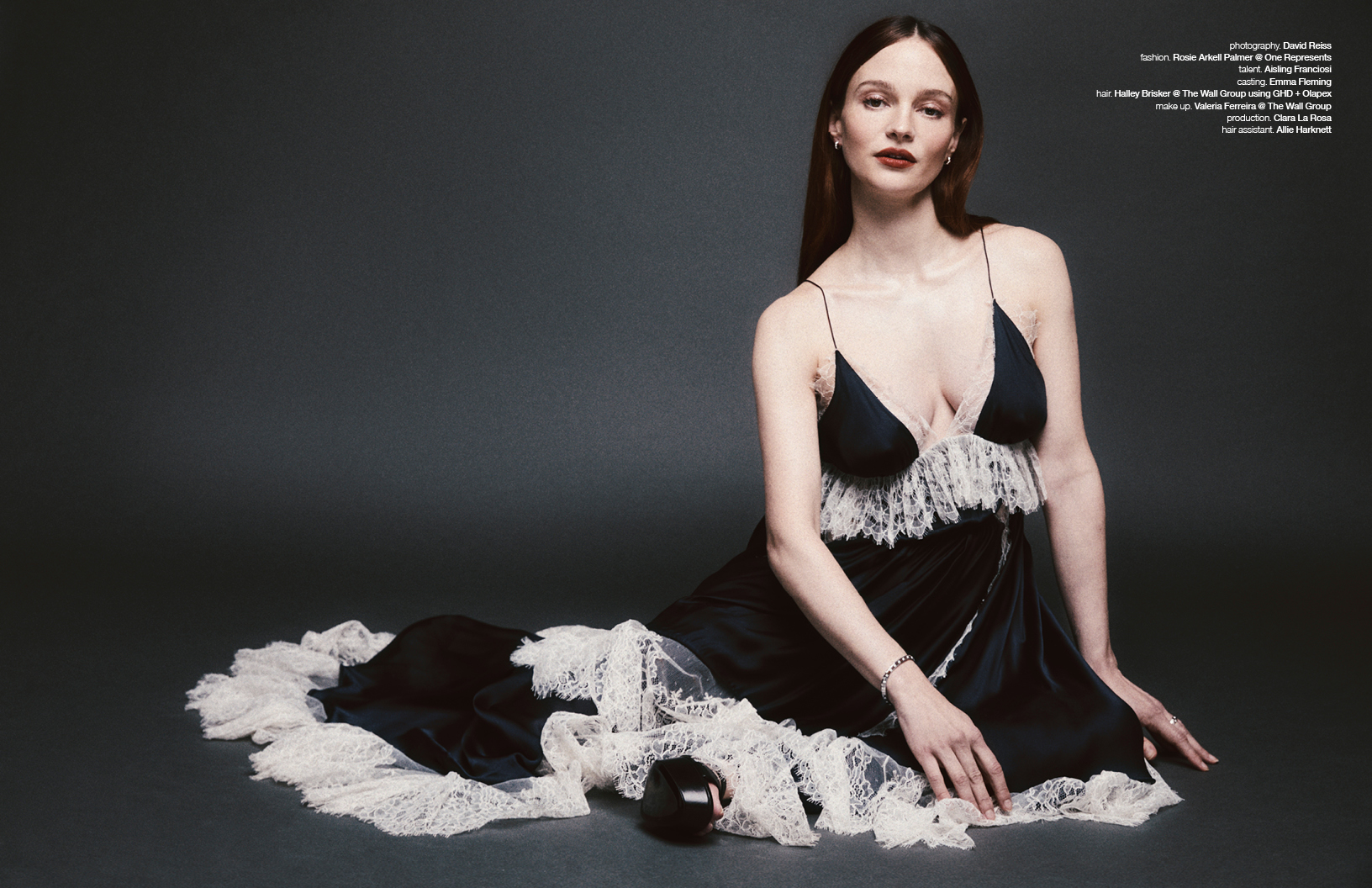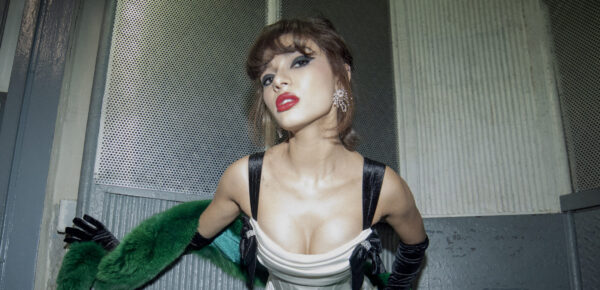
A leader in culture, born to foster a base for new artistic expression, meet Alessio De’Navasques, curator of AltaRoma and co-founder of A.I. Artisanal Intelligence. Beginning his artistic journey through the study of architecture at Valle Giulia in Rome, De’Navasques delved into the realm of fashion and applied arts at an early age, where he began to discover his natural knack for curating through exhibitions, lectures and workshops for several institutions.
With an abundance of projects in the works, De’Navasques’ latest project shines a light on late Russian-American actor and photographer, Anton Yelchin through “Provocative Beauty” — a photography exhibition of Yelchin’s work co-curated alongside Clayton Calvert in celebration of Spazio Field, a new exhibition space at Palazzo Brancaccio in Rome as part of the Videocittà program.
Paying homage to Yelchin’s artistic soul through his intimate photographs, De’Navasques tells Schön! about the process behind curating this exhibition, the importance of developing new ideas through artistic expressions, and his journey as a curator.
How did you begin curating?
It happened quite organically following my research in visual arts, fashion and cinema. Clara Tosi and I founded A.I. Artisanal Intelligence 10 years ago. Within that time, I found myself curating exhibitions, lectures and content from fashion items to artists’ creations, to artisans of the film and costume industry. Because of this experience, I began freelancing for various public and private institutions, festivals and fashion brands, where I had the opportunity to curate exhibitions, workshops and a variety of different content.
What is your artistic background?
I studied Architecture at Valle Giulia in Rome. Throughout these years of study, I learnt the importance of a more projectual approach, which should be applied to new ideas that are in need of development. My background is also woven with applied arts and fashion, as that became the focus of most of my research. Presently, the actual relationship between visual and applied arts, artists who work with different mediums, techniques and hybrid ways of expression are what inspires me most. Additionally, I have discovered a great interest in photography, and spacing and breaking all its mediums, because of my experience working in the fashion industry.



How would you define the role of a curator?
By quoting Francesco Bonami: “in order to be a curator, one must possess a good dose of ignorance, one of recklessness, a fantastic amount of courage, a certain imprudence, and a lot of luck.” To me, this seems to be an emblematic and humorous phrase that holds an adventurous spirit which speaks to me. In my opinion, a curator is a curious narrator that must be constantly learning in order to propose a vision. I usually try to create an intimate relationship with the artists, fashion designers or creatives that I work with. As a matter of fact, I envision a curator as a gardener that tends to his garden; one who determines the right nutriment for each and every plant in order for it to grow and not whither, one that finds the right amount of sun exposure without letting the plants burn, one that decides on the right combination and balance of essences in order to eradicate dry branches and allow new ones to grow.
What were the determining factors that have led you to display Anton Yelchin – Provocative Beauty?
Firstly, Anton’s unique and interesting way of viewing the world, a testament to his artistic soul. Secondly, Victor and Irina Yelchin’s determination and courage for sharing his story. Most of my generation in Italy has at least seen one of the 70 films he was part of and can recognize him at a first glance, however not nearly as many know his story and his truth. That is why it was important to display his work.




How do you believe that the intimacy and saturated elements present in Yelchin’s photographs reflect Spazio Field’s new exhibition space?
The space itself is found within a historic roman palazzo, which was the family home of the Princes Brancaccio for centuries. What’s most fascinating about the space is that it links to the world of Hollywood and America. The halls of the Palazzo have been featured in Roman Holidays movie, and the owner and wife of Prince Brancaccio, Elizabeth Field, was an American heiress of the famous steel dynasty. Yelchin’s photographs thus insert themselves naturally within the space, yet still retain a contemporary feel. The placement of the photographs is a product of the environment of parallel and geometrical lines, that are meant to flow through the ancient living rooms with ease. This creates an immediate sense of intimacy to be perceived by the viewer, as there lives a lingering feeling of a house that was not only furnished but a home that was lived in, despite the vastness of the rooms.
Among all the photographs presented in this exhibition, is there a particular piece you can personally relate to more than others?
Not a piece specifically, but rather a theme; that of a mask, which is found in many of the photographs. It could be said to be a representation of the artist’s identity, not only that of a famous actor recognized internationally, but that of a soul conscious of its most inner self, whose piercing gaze falls upon death.
What was the driving force behind the launch of Spazio Field in Palazzo Brancaccio?
The driving force was to breathe new life into a space that had been the National Museum of Oriental Art for over 50 years. The re-creation of a vibrant place, dedicated to a multitude of mediums spanning from contemporary art, cinema, fashion, photography and music.
What has been your favourite part of curating this exhibition?
Discovering Anton’s life through his lens. Every photograph has a story to tell.
 If you had to relate a song or soundtrack to Yelchin’s photography, what would it be?
If you had to relate a song or soundtrack to Yelchin’s photography, what would it be?
Anton was known to be a great musician, but while I was working on the exhibition and writing the texts, all I could think of was “In this World” by Moby. It probably was linked to how I was feeling at the time.
How do you approach your work and life as a curator? Any inspirations?
I try not to forget about reality and mostly, human nature. Both contemporary art and fashion tend to become self-referential worlds dominated by communication and the market at the time, with little to no contact with true life. I also try to allow myself to be inspired by everything and anything as the role of a curator is, after all, an incredibly fluid one that can find us spanning through mediums of food, music and Instagram as well.
How do you believe galleries and museums will impact upcoming cities in the future?
As long as artists have something authentic to express, anything can be possible. I think the film “The Square” by Ruben Östlund is emblematic of this vision.

What do you hope the audience will gather from this exhibition?
That life surpasses sickness and death, after all, it’s about Anton’s moral legacy.
What advice would you give to young artists?
To look; truly look inside themselves and protect their cores from being influenced too heavily from the world of communication, as it is, unfortunately, contaminating our lives.
Do you have other major projects lined up for the remainder of the year or 2020?
Many, still to be defined.

“Anton Yelchin — Provocative Beauty” is open at Rome’s Spazio Field until November 30. Find out more here.
words. Amanda Breeze
all images courtesy of Alessio De’Navasques


Schön! Magazine is now available in print at Amazon,
as ebook download + on any mobile device














